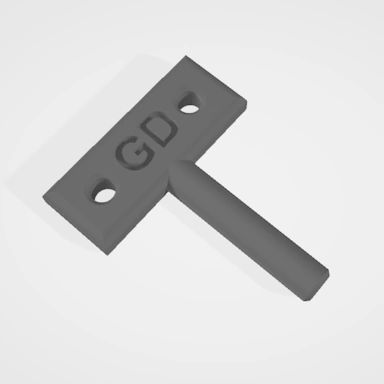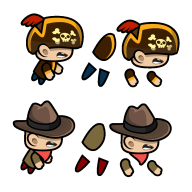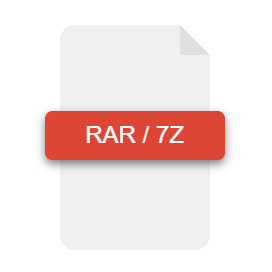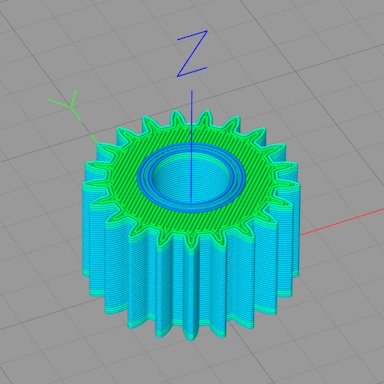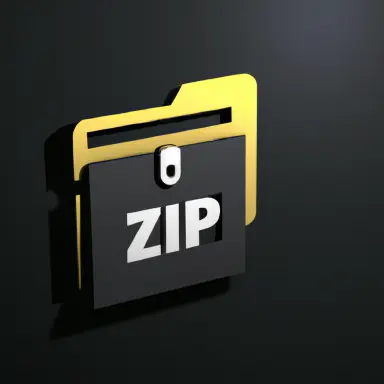| Extension | DXF |
| Full Name | Drawing Exchange Format |
| Type | CAD |
| Mime Type | image/x-dxf |
| Format | Binary |
A DXF file was created by Autodesk as a standardized format for storing complex 2D and 3D Computer Aided Design (CAD) drawings in a single, standard package that can be used for seamless exchanging of data between different CAD systems.
The DXF format is plain text and allows CAD elements such as points, lines, curves, and other elements to be represented in an efficient manner that is easy to read by other CAD applications. The use of plain text does, however, cause the files to grow in size quickly when storing large and complex CAD drawings.
As DXF files are designed from the start to be an open and standard format, there are many CAD and 2D drawing applications that offer support for importing and exporting to the DXF format.
The STL, or Standard Triangle Language, file format has been around since the '80s and is supported by most modern 3D modelling applications. In particular, the STL format has become something of a standard format within the area of 3D printing, despite the rise of more modern formats such as 3MF.
STL files come in two flavours: binary or text format. The text format is human-readable, making it easy to perform manual edits, but can lead to very large file sizes. As you can imagine, the binary format is much more compact and represents the majority of the STL files you are likely to encounter.
The format itself is very simple; the 3D model is represented by a sequential list of triangles, with each triangle defined with 3 points consisting of their X, Y, and Z positions, along with an additional vector that contains the face normal (the direction the face is pointing). There is an additional attribute block for each triangle; however, this is largely unused and thus unsupported.




